In a groundbreaking move set to reshape Nigeria’s political landscape, former Vice President Atiku Abubakar and former Anambra State governor Peter Obi have officially joined the African Democratic Congress (ADC), forming a formidable alliance ahead of the 2027 general elections. This unprecedented coalition of high-profile politicians aims to unseat President Bola Ahmed Tinubu and break the dominance of the ruling All Progressives Congress (APC).
Atiku and Obi Join Forces After Years of Political Rivalry
Atiku Abubakar, a prominent figure in the Peoples Democratic Party (PDP), and Peter Obi, who elevated the Labour Party (LP) to national prominence in the 2023 elections, have left their respective parties to form a united opposition front. The duo collectively secured over 50% of the vote in the last election—Atiku with 29% and Obi with 25%—but lost to Tinubu, who won with 37%, largely due to a divided opposition.
This new alliance marks a strategic shift, with both leaders acknowledging the consequences of their past disunity and determined to present a consolidated alternative. Their decision follows extensive consultations aimed at building a viable platform capable of challenging the APC’s grip on power.
Why ADC and Not a New Party?
Sources within the coalition revealed that the preferred name, the All Democratic Alliance (ADA), faced registration hurdles with the Independent National Electoral Commission (INEC). The group instead opted to work with the already registered ADC, which has a nationwide spread and a political structure in all 36 states, along with a presence in the National Assembly.
Jamilu Danladi, a senior figure in the ADC, confirmed that time constraints and INEC’s rigorous registration process informed their decision to use the existing party.
Can Atiku and Obi Work Together?
The possibility of a joint Atiku-Obi ticket has sparked intense debate. Although the two have collaborated in the past—Obi served as Atiku’s running mate in 2019—the dynamics have since shifted. Obi left the PDP in 2022 to pursue his presidential bid under the LP banner, citing ideological differences. Many of his supporters view him as a standalone candidate, not one to play second fiddle.
On the other hand, Atiku, now 78, is seen by his base as a veteran leader deserving another shot at the presidency. Despite their past differences, both leaders have refrained from attacking each other publicly, indicating mutual respect and a shared understanding of the political stakes ahead.
Key Political Figures Defect to ADC
The ADC, a party established in 2005 and rebranded from the Alliance for Democratic Change, is gaining traction as top political heavyweights throw their support behind it. Among them are:
-
David Mark, former Senate President
-
Uche Secondus, former PDP National Chairman
-
Nasir El-Rufai, ex-governor of Kaduna State and former Tinubu ally
-
Rotimi Amaechi, former Minister of Transportation and influential southern politician
With these defections, the ADC is quickly emerging as the nucleus of Nigeria’s new political opposition.
Tinubu’s Second Term Bid and APC’s Reaction
President Tinubu, whose term ends in May 2027, has been endorsed by the APC to seek re-election. Despite concerns over his health and advancing age—he’ll be 75 by the next election—the party insists he remains fit and focused.
The APC, however, has dismissed the new coalition as inconsequential. Acting National Chairman Ali Bukar Dalori described the ADC alliance as “a hotel-based movement in Abuja” that poses no real threat to the ruling party’s dominance.
Implications for PDP and Labour Party
The defection of key figures, especially Peter Obi, is a significant blow to the Labour Party, which had seen a meteoric rise due to his influence. For the PDP, losing both Atiku and major stakeholders like David Mark and Uche Secondus signals a deepening crisis that could cost the party its long-held status as Nigeria’s main opposition.
Political analysts believe the PDP is now at risk of being overtaken by the ADC in terms of influence, national reach, and political capital. According to analyst Iliyasu Hadi, “The ADC is on track to become the dominant opposition party. It’s no longer about numbers alone but about leadership and public trust.”
Despite these shifts, both PDP and LP maintain control in several states—11 in total—offering them some political leverage, provided their governors remain loyal and resist the temptation to defect.
2027: A Pivotal Election Year
With the political realignment gaining momentum, the 2027 elections are shaping up to be one of the most competitive in Nigeria’s democratic history. Analysts like Ben Kenneth believe that a united opposition presents a credible challenge to the APC, something the 2023 election lacked.
Still, others like Sani Hamisu argue that incumbency remains a powerful advantage in Nigerian politics. “In Africa, sitting presidents rarely lose re-election bids,” he stated, pointing out Tinubu’s strengthened position heading into 2027.
As the ADC consolidates its new coalition and possibly unveils a joint ticket, all eyes will be on whether Atiku and Obi can finally merge their ambitions and support bases to disrupt Nigeria’s long-standing political order.



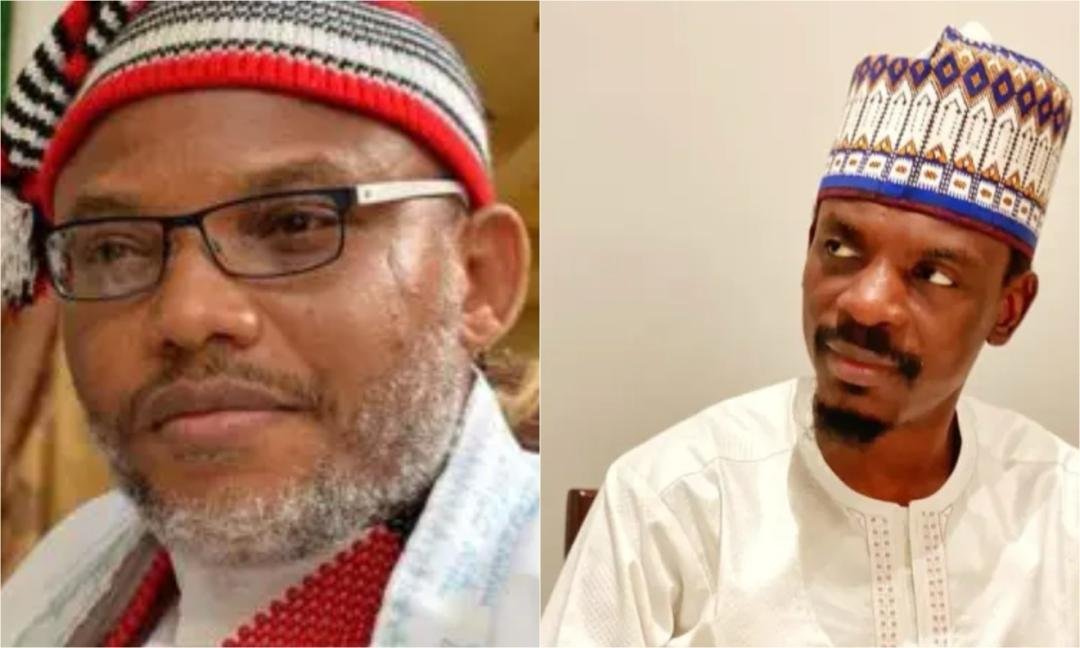

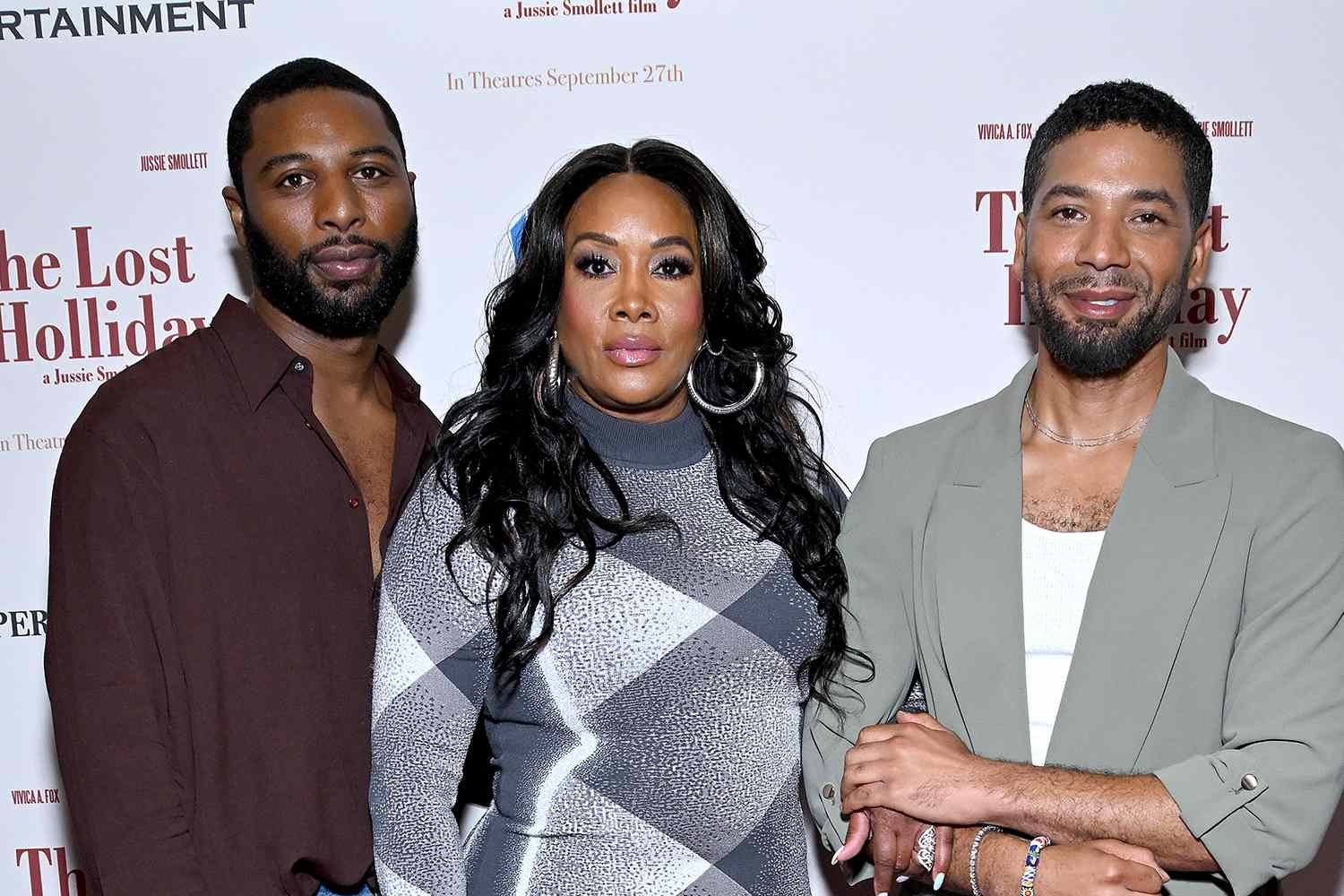
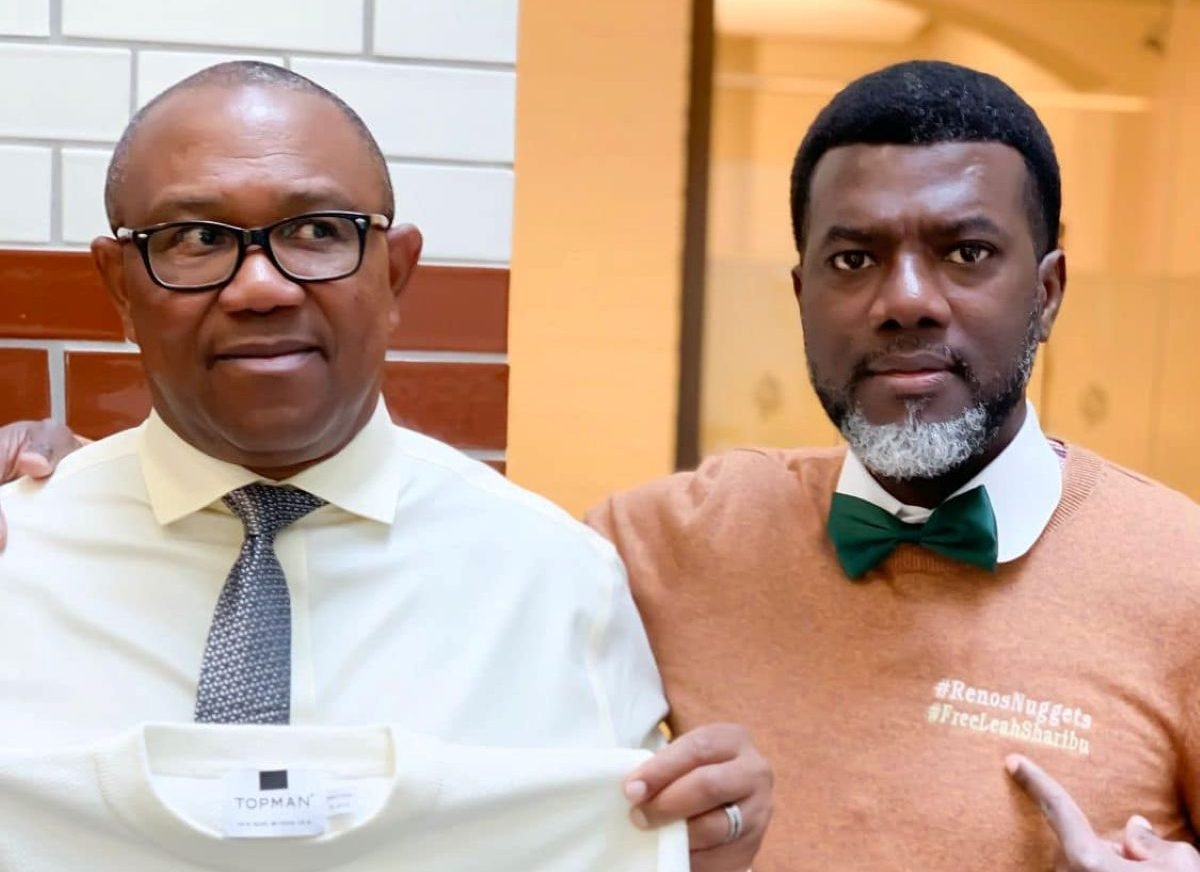

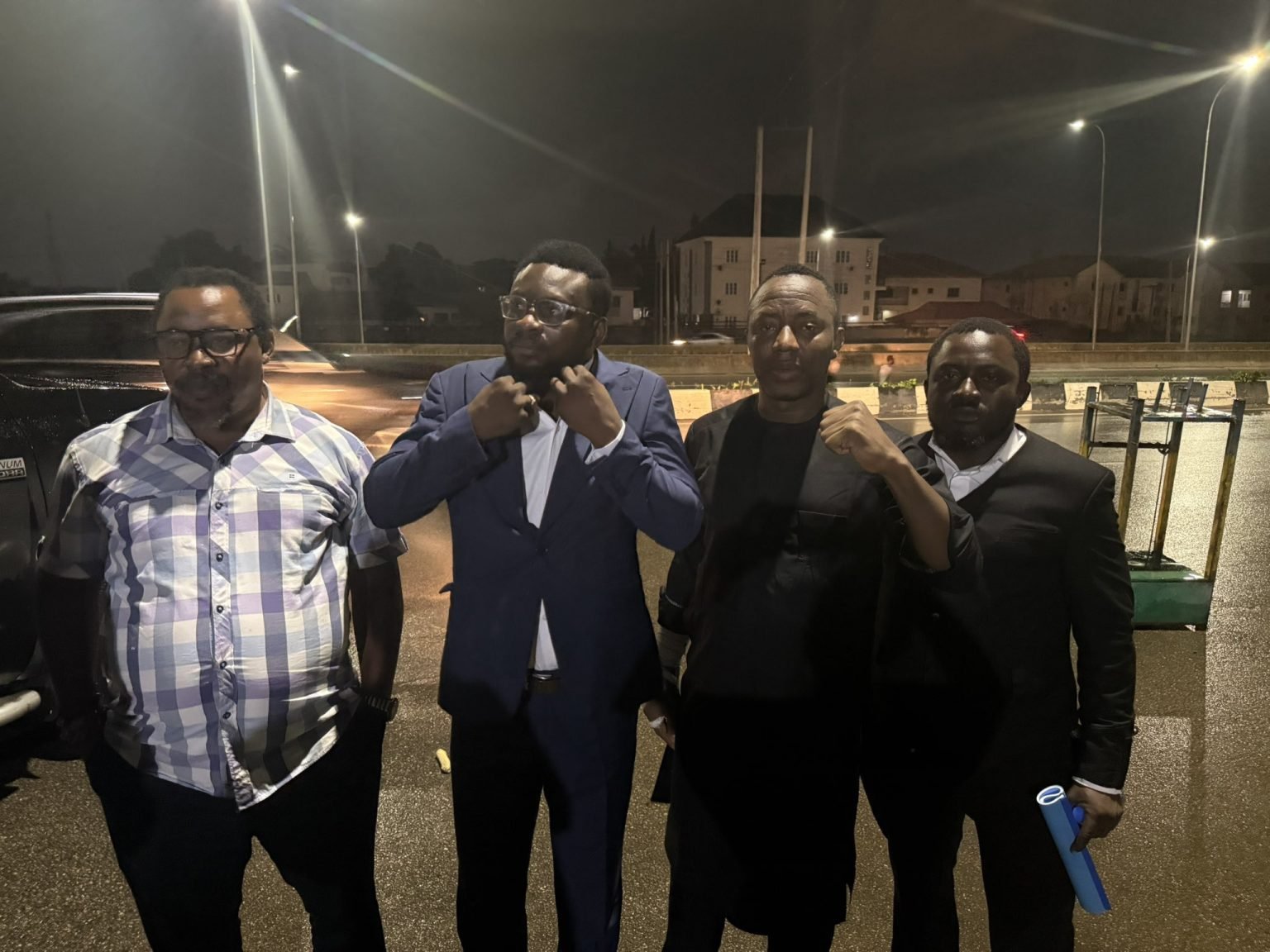
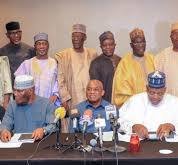
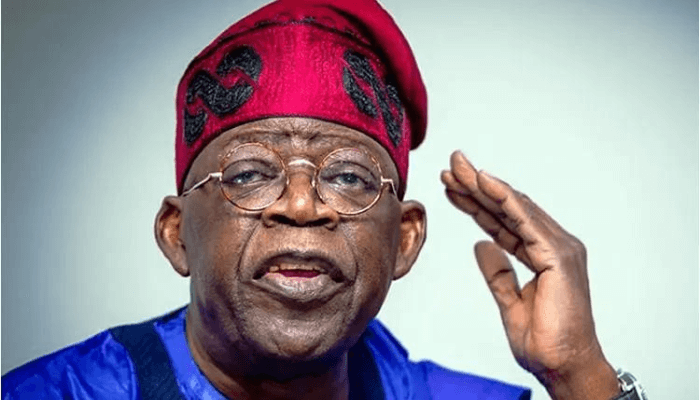
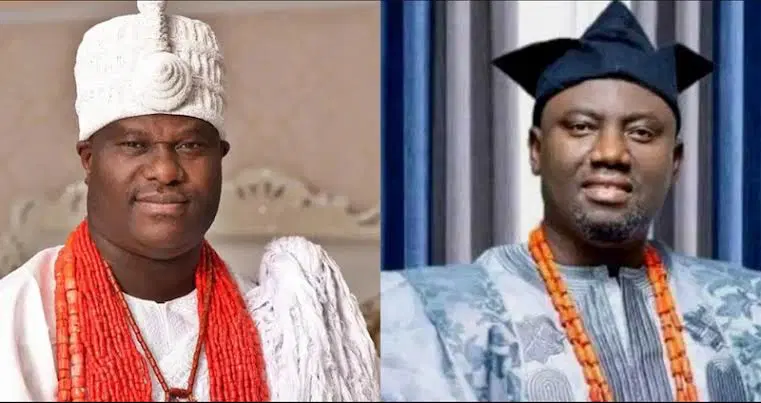
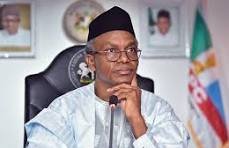
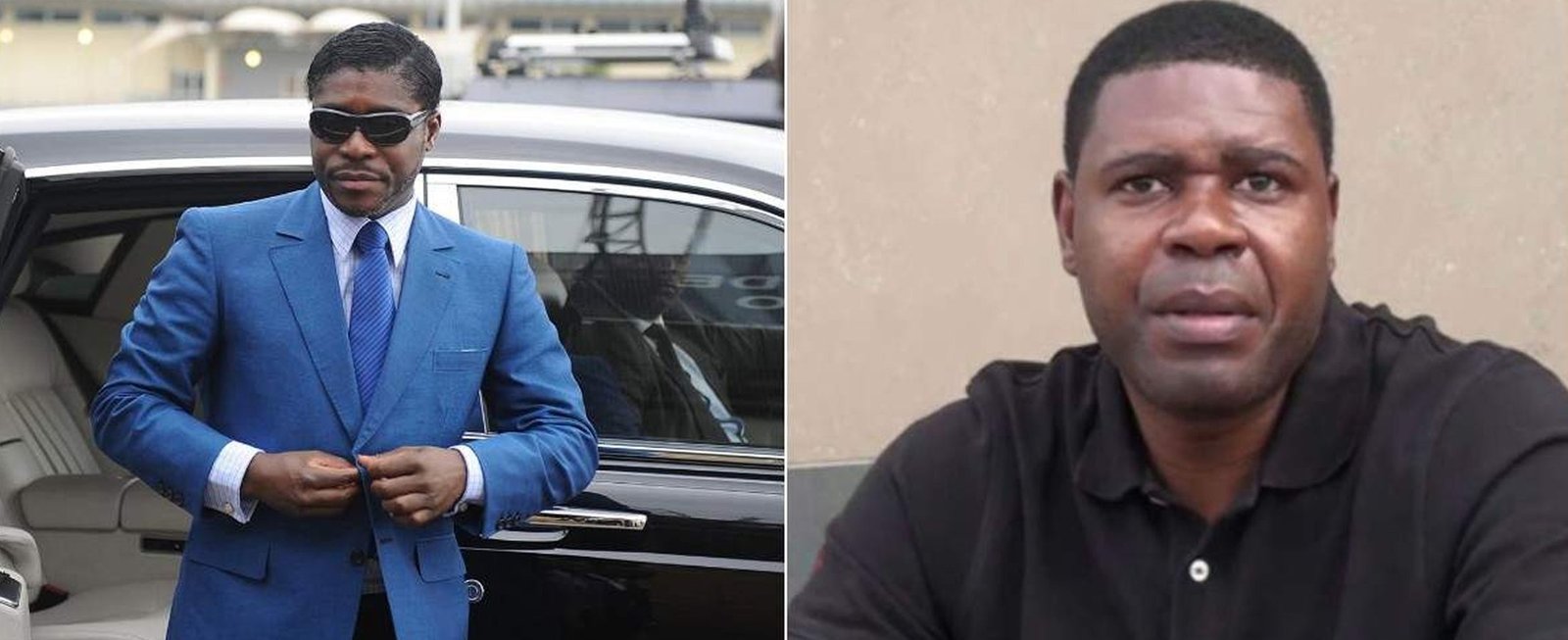
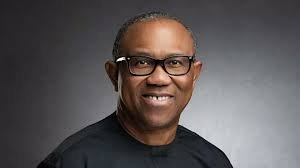

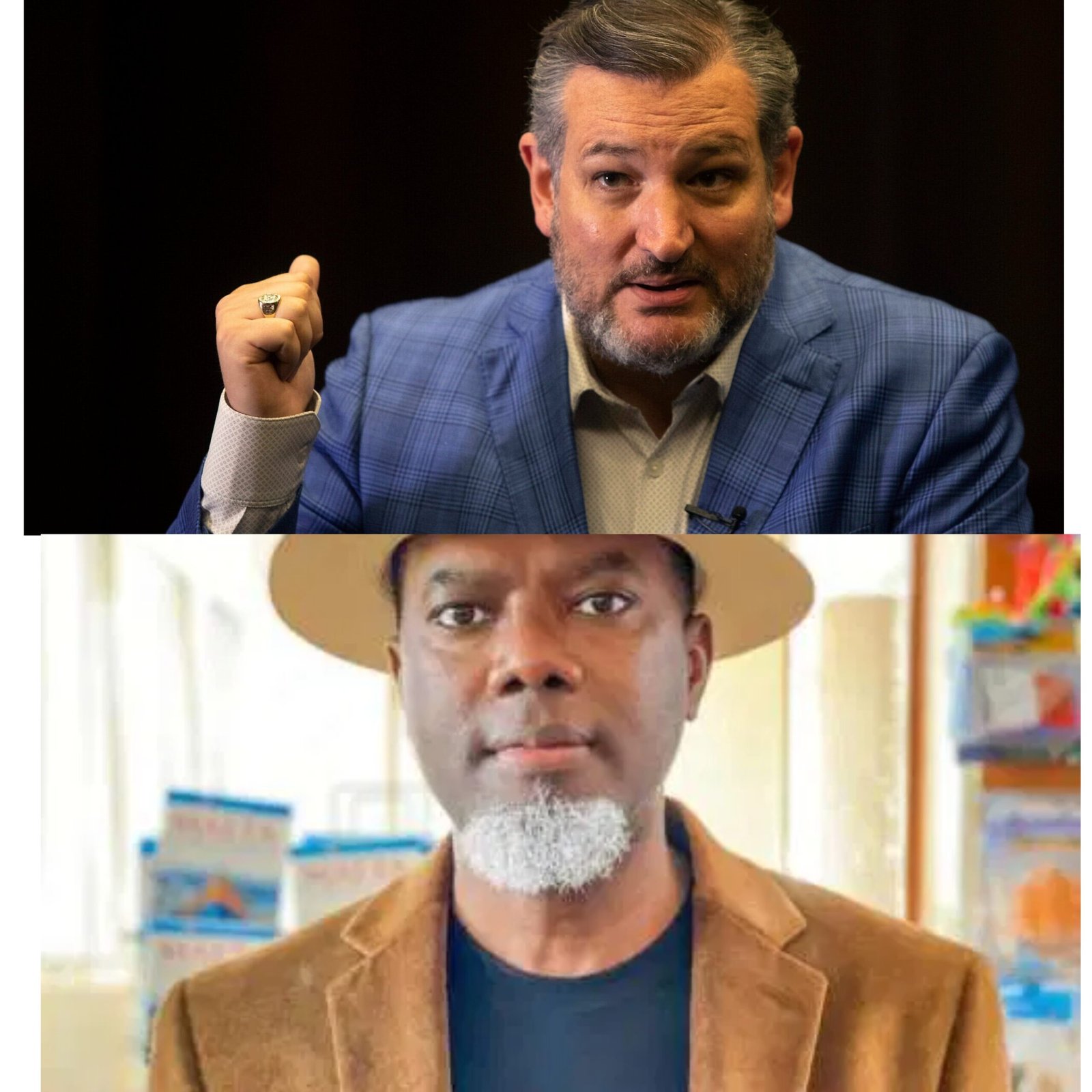
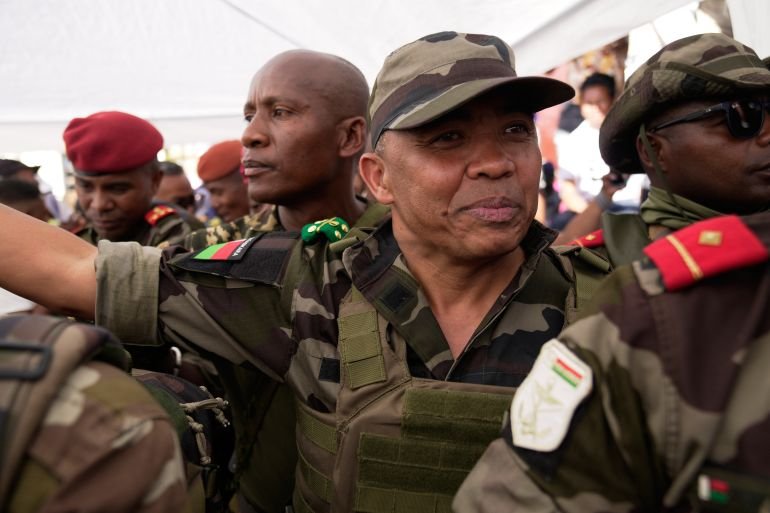
Comment on “Major Realignment in Nigerian Politics as Atiku, Obi, and Key Figures Unite Under ADC to Challenge Tinubu in 2027”